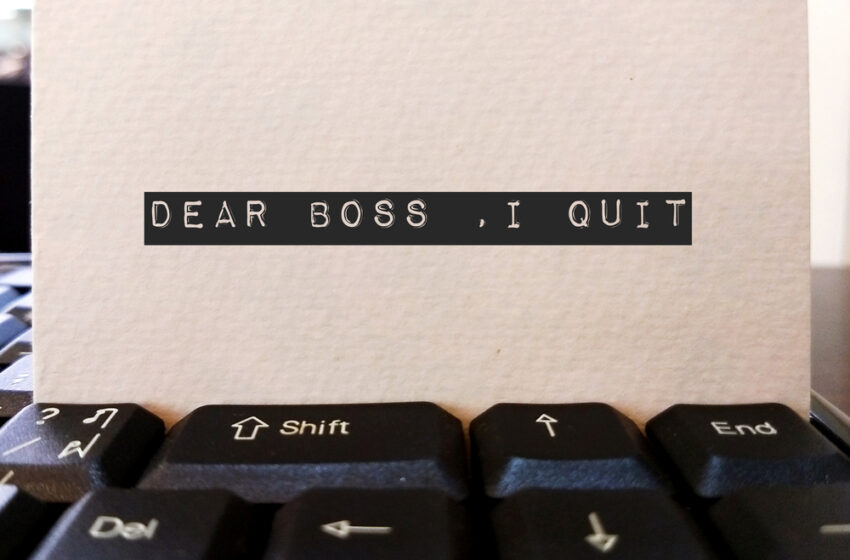What to Do When a Valued Employee Quits

What do you do when a key employee quits? Is there a lot of gnashing of teeth and stomping around asking Why me? Or do you have a moment of quiet panic? It’s only natural for you to feel like this is a punch in the gut and a personal rejection, especially if you spent time developing the employee.
After all, don’t they realize what a great opportunity you gave them? Don’t they know this is a great place to work? After all you’ve done for them, how could they be so disloyal? While these questions may accurately describe your emotions, they shouldn’t drive your actions.
So what should you do instead? Here are some suggestions.
Embrace the Revolving Door
This may seem counterintuitive, but championing a departing employee can be smart business. As Jobcase CEO Fred Goff once told me, “We have broken down loyalty bonds. There is no stigma about job-hopping. We know that this tends to be a two- to five-year cycle for people with a college degree. It can be measured in months for others. CEOs need to acknowledge the times that we live in, and that people are going to move around a lot.”
Some CEOs and leaders actively support employees who leave and even encourage it. Fred Wilson, managing partner at Union Square Ventures, wrote on his AVC.com blog that they hire young investment analysts for only two years. He said:
It’s a great deal for both parties. We get really smart people early in their career on a steep learning curve throwing themselves at our business. And they get to learn from partners who collectively have been doing VC for something approaching 100 years.
TheWallStreet Journal has examined the phenomenon of CEOs assisting employees with their next career move. This could be anything from helping them identify skills and accomplishments to work on to developing their résumés to connecting with recruiters. According to author Rachel Feintzeig, “Bosses say the approach builds trust because workers have nothing to hide and are more focused on the job.”
This approach can also pay dividends down the road if people refer other job candidates or clients to their former employers. In addition, it can help lessen the surprise and fire drill caused by an employee quitting.
If the overly supportive method is a bit too extreme for your taste, here is some prescriptive advice based on my experience with employees quitting.
Be Positive
When the employee gives you the news, the first word out of your mouth should be “Congratulations.” Thank him or her for contributing to the company. Clearly, the employee believes he or she has found a better opportunity. Now is not the time to question that decision.
Don’t Plead
Never try to counter or ask what it would take to make the employee stay. Nothing good can come from that conversation. Once someone has made the decision to leave, a line has been crossed that can’t be uncrossed.
Encourage the Employee to Stay in Touch
You never know what might happen down the road. The employee may realize that your company really was a great place to work and come back at a later date. Don’t be cheap and try to withhold any benefits the employee is entitled to, either.
Let the Employee Communicate the decision
Give the employee time to tell his or her closest colleagues before you inform the organization.
Of course, an ounce of prevention is worth a pound of cure. Goff advises doing as much for your employees as possible, including providing meaningful work; building a strong, transparent culture; and offering professional development opportunities: “I do think that when you are in this generation, what makes your work matter can be so much bigger. In a landscape where talent rules, good talent is going to go towards where it has a cool mission. They want an environment that allows them to perform best.”
Just remember, when a key employee quits, everyone is watching the leadership. If you are rude, cheap, or petty in response, you can rapidly erode any influence you may have developed in the organization and with the employee. On the other hand, if you handle this emotionally charged situation well, you can significantly increase your influence.





